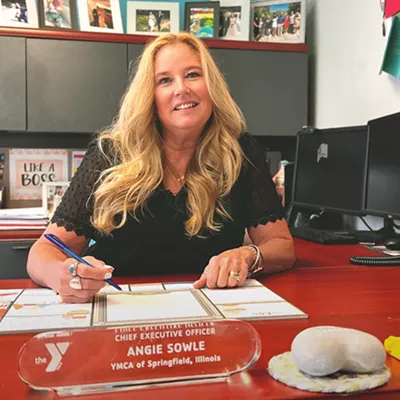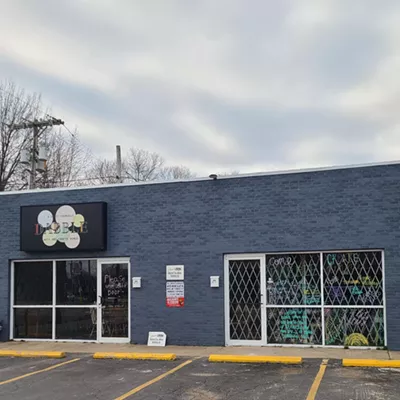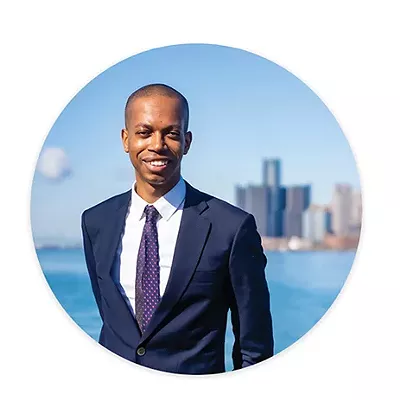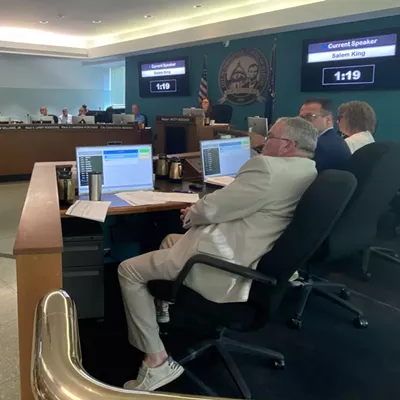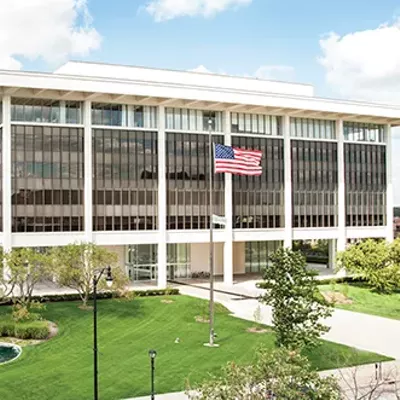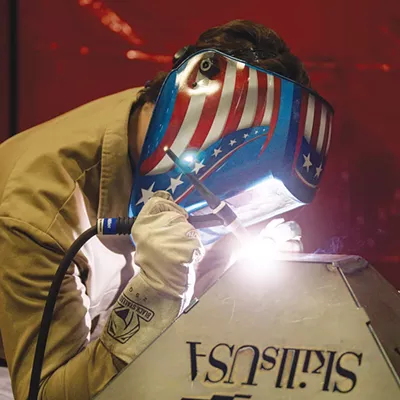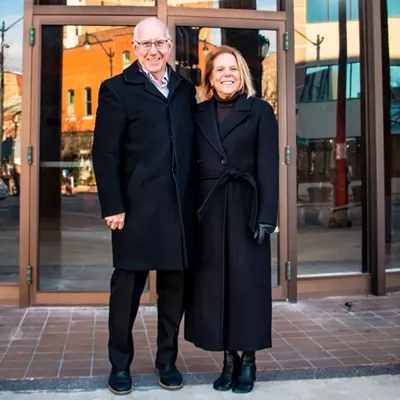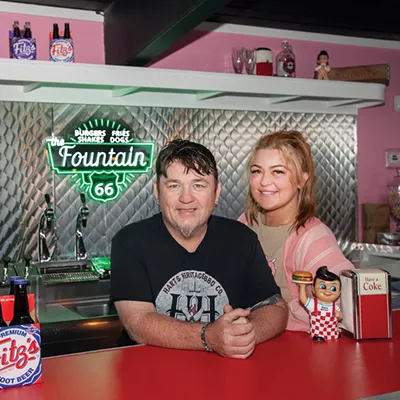By Sara L. Lieber
There is an indirect effect of senior care on their adult children. Longer lives mean longer periods of disability for seniors requiring family care. We have added a new stage to life’s progression, from parenthood to senior caregiving. Caregiving in the US states the average caregiver is a woman age 49 who holds a full-time job. These caregivers spend 24 hours a week on rides, shopping and personal assistance. One-third of caregivers say they do it alone with no help from family or paid staff. More than 66 percent of caregivers are women, according to the Alzheimer’s Association. I have observed some caregivers still on duty well into their 70s. Often, child care and parent care occur simultaneously. That means a woman may spend more years caring for a senior than rearing her children.
One caregiver reported that her mother had a feeding tube and needed two other forms of assistance. She felt overwhelmed and worried about her own health. Her feelings are well founded; The Family Caregiving Alliance of the National Center on Caregiving states that 35 percent of caregivers report their health as poor. The US spends $9.1 billion on additional health care costs to treat these caregivers.
Financial caregiving consequences extend through adult children’s lives per Caregiving in the US; 6 in 10 caregivers report that it has affected their ability to work. Half say they had to take occasional time off and 15 percent have taken leaves of absence, while 14 percent have had to reduce hours or change jobs as a result. Some caregivers told me that their bosses would not allow flexibility for caregiving duties. Not all options are covered by The Family Leave Act. For example, a working wife kept her husband at home and needed to give his noon medicine. If she encountered train-delays she was late to work. Leaving her job completely was not necessary and would mean losing benefits, including health care. Putting her husband in a nursing home was not yet appropriate and she was not old enough for Medicare. If these caregivers lose their own benefits their safety net for later years will be gone.
Our society does not seem to have this issue on its radar. We have status insignia such as engagement rings and pink ribbons for cancer survivors. Where’s the caregiving insignia? We approach military service personnel and thank them for their service. We should also thank the 34 million caregivers (1 in 6 adults). They provide 17.5 million unpaid hours of care each year, according to the Alzheimer’s Association. We have Mothers Day and Fathers Day. Did you know that November has been designated National Caregivers month since 1994? Many people don’t. Caregivers receive no honorific designation, no social support and can face serious financial consequences. All these factors can lead to stress and poor health.
Caregiving can produce a slowly building “drip-drip” of stress. Stress causes our bodies to react by producing cortisol, a stress hormone. One of the effects of cortisol response is central weight gain (waistline) which is also a precursor for diabetes. I’ve heard many discussions about the diabetes epidemic. Here’s my perspective: addressing caregiving stress could cut cortisol response in the caregiver population and thereby reduce central weight gain which would have an effect on incidence of diabetes. I have yet to hear anyone else connect those dots. Doctors do not screen for caregiving status.
Prolonged stressors like the increasing responsibilities of day-to-day assistance are harder to see, even for the caregivers themselves. I observed “caregiving creep” as adult children describe their duties. They do not realize how much they do. It might begin with doing yard work and paying bills. Then duties grow to grocery shopping, taking parents to doctor appointments and tracking medications. Caregiving in the US states that only 5 percent of care recipients live in nursing homes. Many seniors are not in nursing homes but adult children are already in caregiving mode and still perceiving their parents as “fine.” But are they really?
We don’t prepare adult children for this caregiving phase. We have Lamaze classes for parents-to-be. How about an equivalent class for senior caregiving? Adult children will often describe “the incident” that revealed how much care the parent really needed. A son said his mother had stopped drinking any liquids because she had trouble reaching the bathroom in time. This lead to her being hospitalized for dehydration. A daughter described a call from the Lincoln police. Her mother had driven to her local grocery store and become lost. When adult children are not prepared, these incidents hit harder and add to their stress.
In the past we thought that aging was a one-generation thing. I see a secondary impact on the next generation. If we don’t deal with this reality it will deal with us: in our health, health costs and financial preparedness for the old age of the next generation.
Sara L. Lieber is a licensed social worker (LSW) with Senior Sidekicks Medical Visit Companion Services, 217-787-5866.

